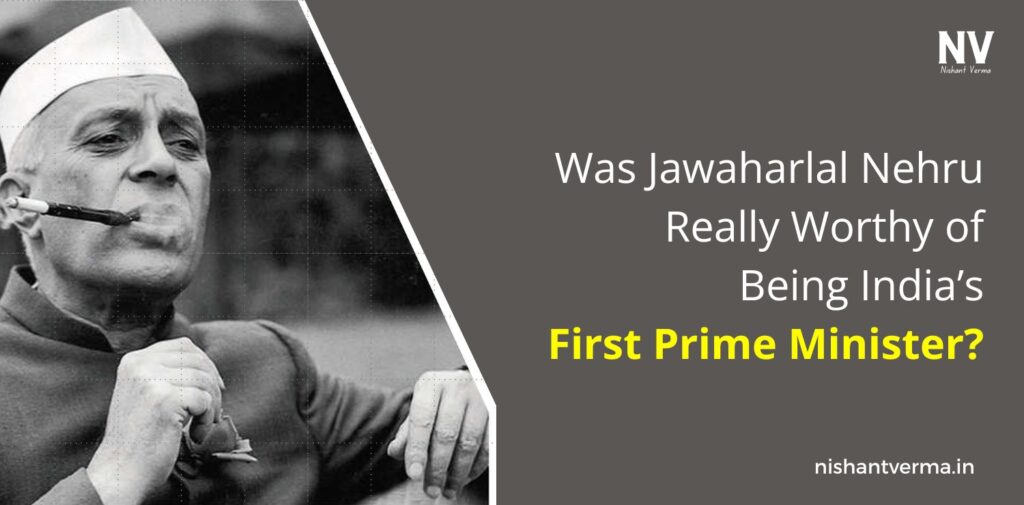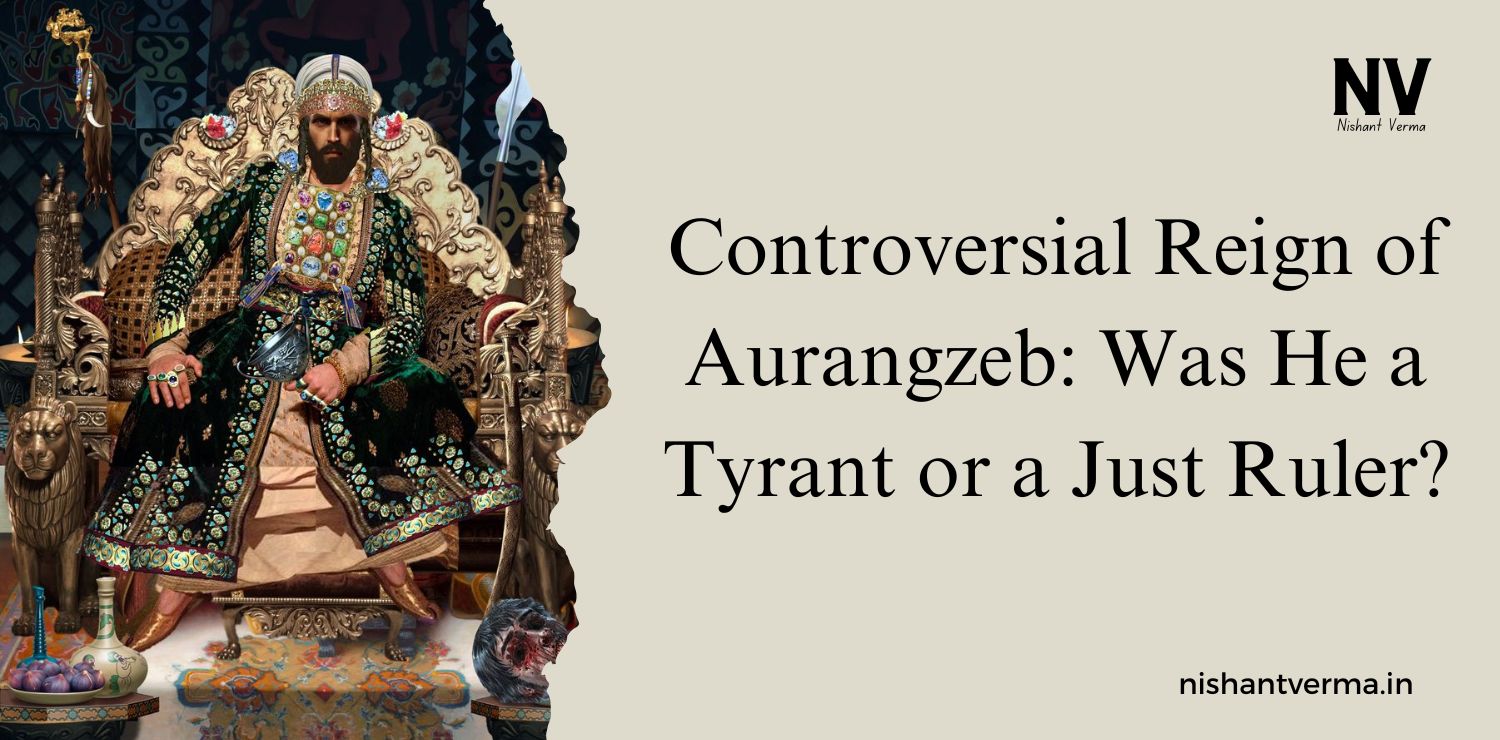When we think of independent India’s first Prime Minister, the name that comes to mind is Jawaharlal Nehru. But the question arises: was he really deserving of this role? Or was his leadership a mere consequence of political maneuvering and favoritism, ignoring the will of the people and sidelining a more capable leader like Sardar Vallabhbhai Patel? Let’s delve into the reasons why Jawaharlal Nehru selection as the Prime Minister might not have been in the best interest of the country.
How Did Nehru Become Prime Minister with Just One Vote?
The selection of India’s first Prime Minister is often shrouded in controversy. If we look at the historical records, Nehru’s name didn’t emerge as the people’s choice. In fact, during the Congress Working Committee’s vote, it is said that he garnered only one vote—his own! In contrast, Sardar Vallabhbhai Patel, known as the ‘Iron Man of India,’ was the clear favorite among the committee members. Yet, it was Nehru who eventually assumed the role, not because he was the most deserving candidate, but because of Gandhi’s insistence and his own political aspirations. This raises the question: did Nehru’s selection truly reflect the democratic principles on which India was founded?
Did Nehru Favor Muslims Over Hindus?
Nehru’s policies and actions throughout his tenure often led to accusations that he favored the Muslim community. His decisions, whether it was the special status granted to Jammu and Kashmir under Article 370, or his handling of the Hyderabad crisis, painted a picture of appeasement politics. In a country where the majority population is Hindu, such favoritism created an imbalance and sowed the seeds of communal divide that we see to this day.
Many believe that Nehru’s inclination towards Muslims stemmed from his personal relations and ideological affinity with the Muslim elite, rather than a genuine concern for the welfare of all communities. Critics argue that this bias led to policies that neglected the sentiments of the Hindu majority, and even today, India is grappling with the repercussions of his divisive approach.
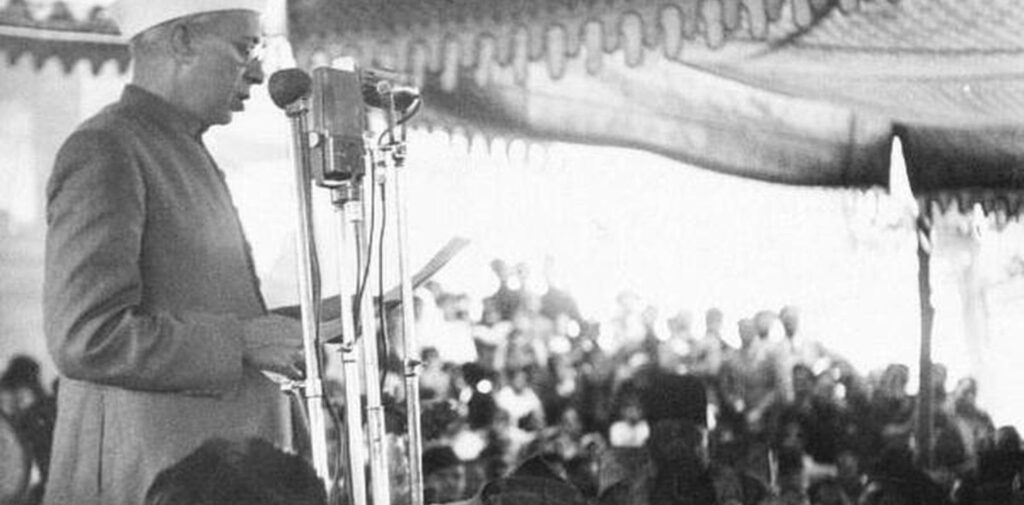
Was Nehru Responsible for India’s Weak Foreign Policy?
Nehru’s foreign policy decisions are another area where his leadership is widely criticized. His naive approach towards China led to disastrous consequences. Nehru harbored an illusion of ‘Hindi-Chini Bhai Bhai’ (Indians and Chinese are brothers), completely ignoring the aggressive expansionist ambitions of the Chinese regime. This miscalculation resulted in the humiliating defeat of India in the 1962 Sino-Indian War, leading to the loss of thousands of square kilometers of Indian territory.
Additionally, Nehru’s inability to resolve the Kashmir issue with Pakistan is a glaring example of his failed diplomacy. Instead of taking a firm stand, he took the matter to the United Nations, internationalizing what could have been a settled issue. Even today, Kashmir remains a hotbed of conflict and violence, a legacy of Nehru’s mishandling of the situation.
Why Did Nehru Ignore Sardar Patel’s Wisdom?
One of Nehru’s biggest flaws was his disregard for the wisdom and vision of Sardar Vallabhbhai Patel. Patel was instrumental in uniting over 500 princely states to form modern India. His leadership during the integration of states like Hyderabad and Junagadh was decisive and impactful. In contrast, Nehru’s hesitations and lack of foresight often led to indecisive and weak actions. Had Patel been given the authority and respect he deserved, India’s political and geographical landscape might have been more stable today.
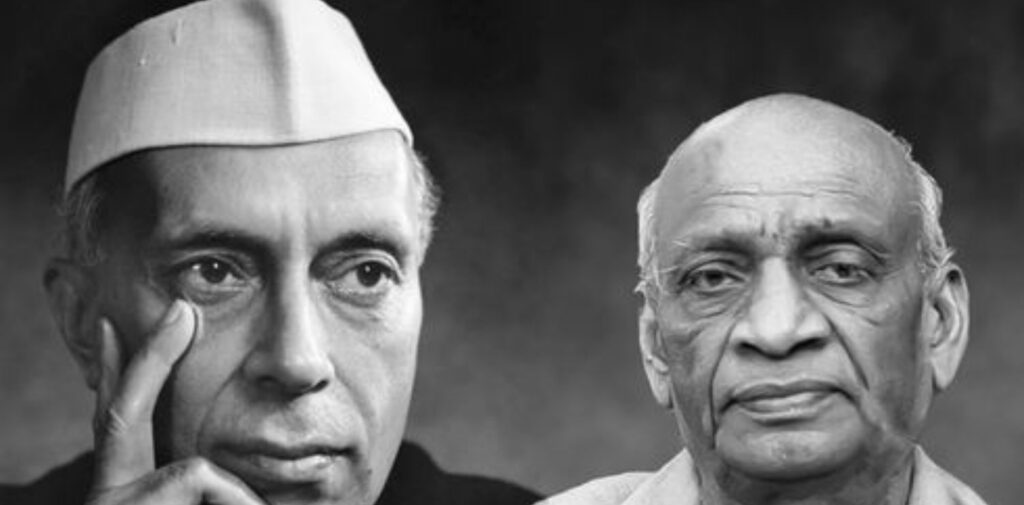
Was Nehru’s Socialism a Hindrance to India’s Growth?
Nehru’s obsession with socialism and state-controlled economy severely hampered India’s growth in the early decades post-independence. Instead of encouraging private enterprises and opening up the economy, he chose to follow a model that led to inefficiencies, red-tapism, and corruption. His policies did little to alleviate poverty or boost industrial growth. The License Raj that was established during his tenure choked innovation and entrepreneurship, setting India back by decades.
Nehru’s approach also alienated India from potentially beneficial alliances with Western powers. His tilt towards the Soviet Union, under the guise of non-alignment, limited India’s access to technology and capital, stunting its development.
Did Nehru’s Leadership Cause Long-Lasting Damage?
Nehru’s tenure as Prime Minister was marked by decisions that have left long-lasting damage. From the unresolved Kashmir issue to the troubled relations with neighboring countries, Nehru’s legacy is filled with controversies and regrets. The ramifications of his appeasement politics, weak foreign policy, and flawed economic strategies are still felt by Indians today.
His role in establishing a dynasty politics has also harmed India’s democratic fabric. Instead of nurturing a culture of merit-based leadership, Nehru laid the foundation for a political dynasty that has often put the interests of a few over the welfare of the nation.
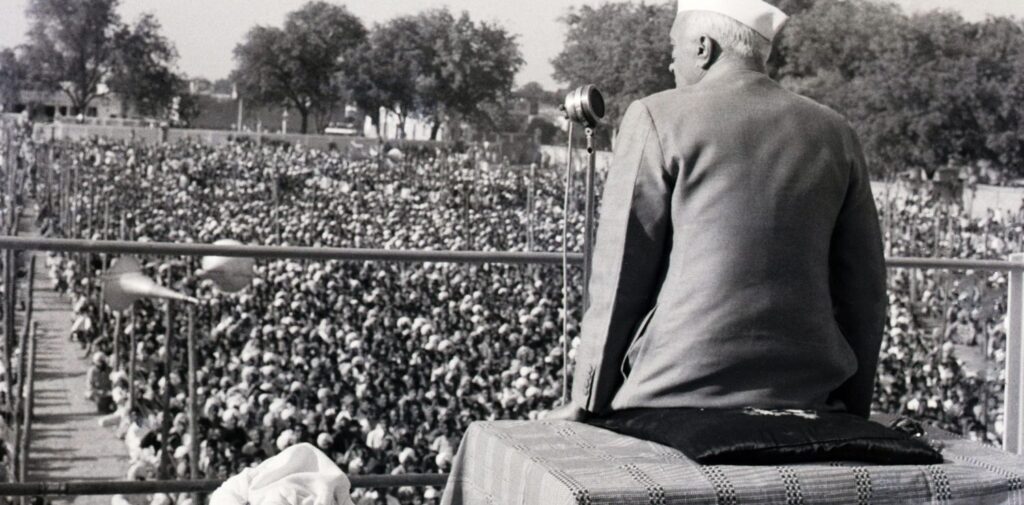
Should Nehru’s Legacy Be Re-evaluated?
Given the evidence, it is clear that Nehru’s legacy is far from being as glorious as it is often portrayed. His decisions, driven by personal bias and ideological rigidity, have left the nation with unresolved issues and conflicts that have only escalated over time. Whether it was his favoritism towards Muslims or his weak stance on national security, Nehru’s tenure as India’s first Prime Minister warrants a re-evaluation.
If India had started its journey with a leader like Sardar Patel—decisive, pragmatic, and truly committed to the unity and integrity of the nation—the country’s trajectory might have been entirely different. It’s time to question the glorification of Nehru and acknowledge the contributions of other leaders who were overshadowed by his towering presence.
Conclusion:
In conclusion, it’s imperative to look beyond the myth of Nehru’s greatness and understand the real impact of his leadership on India. His tenure as Prime Minister, marked by favoritism, weak policies, and missed opportunities, shows that he was not the leader India truly needed at the dawn of its independence.

